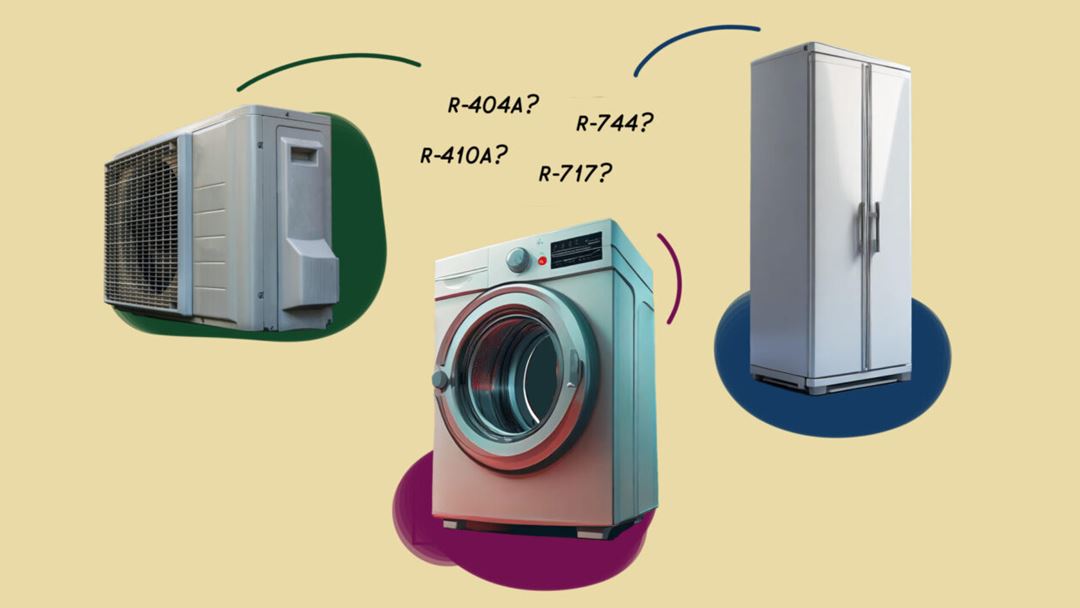Synthetic refrigerants were in the crosshairs of environmentalists already in the mid-1980s, because of their destructive effects on the ozone layer. Chlorofluorocarbons (CFCs) are now banned for this reason. They were replaced by other fluorinated gases, which function well as refrigerants but have a high global warming potential (GWP).
- Fortunately, there are alternatives in natural refrigerants, such as CO₂, ammonia, and hydrocarbons, such as propane and isobutane. These have minimal or no effect on global warming and do not damage the ozone layer either, says chief researcher Petter Nekså in SINTEF Energy, who is a scientific coordinator in the research center HighEFF, where the development of industrieal cooling systems and heat pumps that use natural refrigerants is an important activity.
A shift towards more environmentally friendly alternatives is already underway. Due to their high GWP, more refrigerants are being banned in the EU, allowing for an increase in the use of more sustainable alternatives such as propane.
As a consumer, you can contribute to this positive change by asking for sustainable products. When buying a new refrigerator, look for products that use isobutane (R-600a), which is already widely available thanks to previous EU regulations. For tumble dryers, consider models with heat pumps that use environmentally friendly refrigerants such as propane (R-290), which has a GWP close to zero.
The choice of air-to-air heat pumps is also crucial. Although the refrigerant that dominates the Norwegian market (R-32) has a GWP value that is one-third of its predecessor (R-410A), natural alternatives such as propane are a more sustainable choice for the future.
As a consumer, you can check the product specifications carefully before you buy to ensure that you make an environmentally friendly choice. Not all sellers are equally informed about climate-friendly refrigerants, so it pays to do your own research.
- Making conscious choices about refrigerants in household appliances can seem like a small action. However, taken together, these choices have a significant impact on the environment and the fight against global warming. By choosing products with natural refrigerants, you contribute directly to a more sustainable future, concludes Nekså.
SINTEF's official blog provides an overview of the various refrigerants and their effects on global warming.


